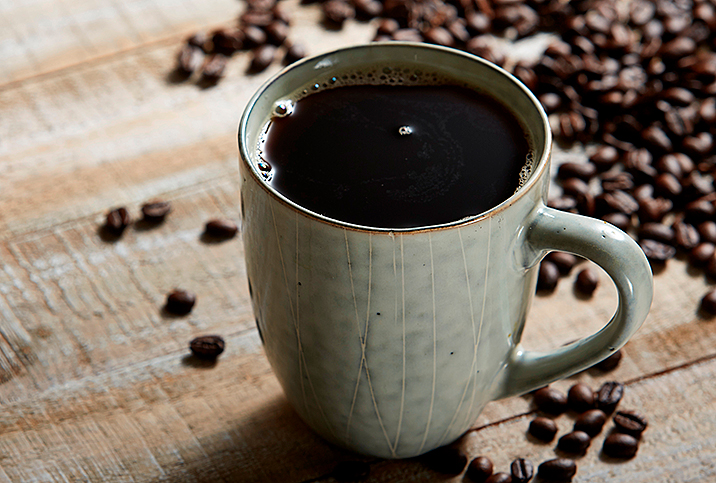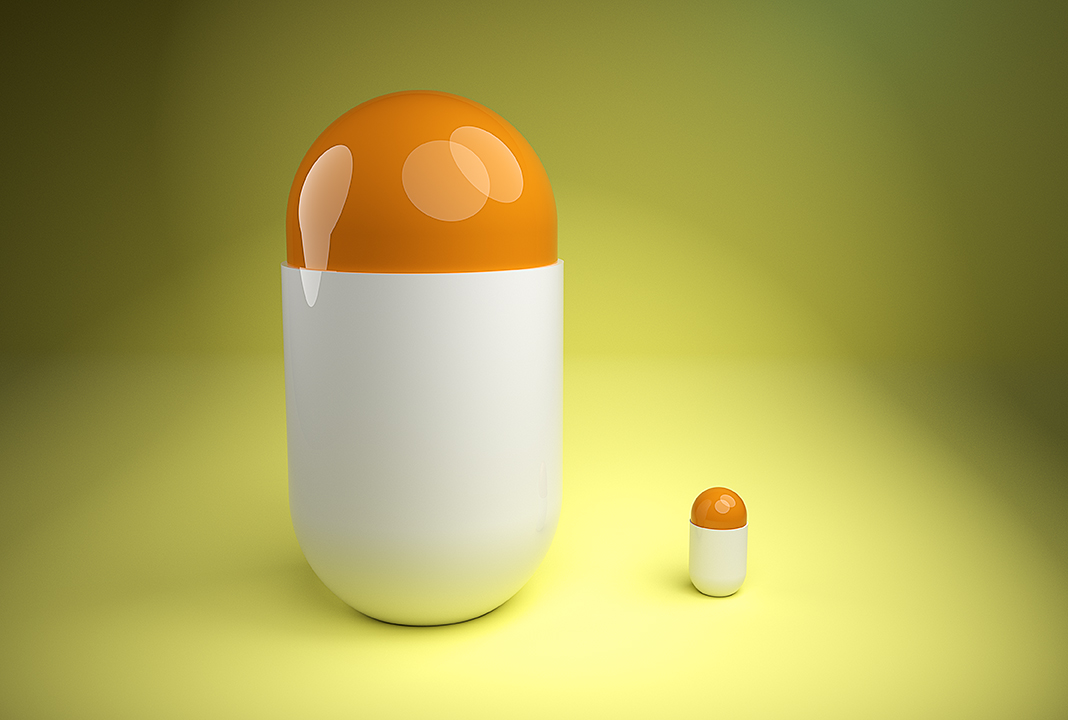Is There Such a Thing As 'The ADHD Diet'?

We often refer to breakfast as "the most important meal of the day." Of course, the declaration was nothing more than the basis of an ad campaign to help Kellogg's sell their newly invented breakfast cereal in the 19th century and it certainly doesn't fit in with the food pyramid many of us saw as children. However, this doesn't make the statement untrue: In the short term, breakfast provides energy and boosts concentration levels, and in the long term, it can aid in weight management, and reduce the risk of type 2 diabetes and heart disease.
Good food habits are essential
For those with attention deficit hyperactivity disorder (ADHD), a morning routine can easily make or break the rest of the day, and getting a good, balanced breakfast might make a major difference in the daily severity of symptoms. Indeed, having breakfast prior to the morning stimulant medication for ADHD is recommended due to the appetite suppression effect of stimulants.
One study similarly explored the effect of habitual breakfast consumption on the academic performance of schoolchildren and found well-nourished children who ate breakfast had an easier time focusing and remaining on-task in class.
Of course, the ADHD brain differs from the neurotypical brain, but we can use the results of that study on a broader scale to understand why breakfast improves focus. Namely, fasting overnight reduces our glucose levels, and because of this, our bodies have less energy than they need to function. Compounding a lack of energy on top of a brain already hardwired to be distracted and scattered only worsens those issues.
'If an individual notices that they function better on a certain diet, they should absolutely talk to their treatment team and lean into that.'
Amy Marschall, Psy.D., succinctly described the problem.
"A big challenge with ADHD is that all of the things that help you develop good habits are, by nature, harder to do when you have ADHD," Marschall said.
Here's the thing: Nothing has officially linked increased consumption of certain kinds of foods to easing ADHD symptoms, and there is also no data indicating that cutting particular foods will help either. Some people have suggested that people with ADHD should avoid caffeine or sugar, but this is all evidence of hearsay, and generally speaking, anyone would benefit from being mindful of their caffeine or sugar intake.
"Most of what I've heard about dietary habits and ADHD are anecdotal," Marschall said. "But, just like with forming good habits, if an individual notices that they function better on a certain diet, they should absolutely talk to their treatment team and lean into that."
She also mentioned she's had patients who swear that taking fish oil pills or cutting out the food additive red dye 40 has helped them manage their ADHD symptoms. Whether these are actually effective treatment methods or simply placebos, however, is impossible to know without long-term studies.
Food for thought
Really, there's no diet that can "cure" ADHD. Here's what we know about how food affects the brain:
- Lean proteins rich in omega-3 fatty acids can help to improve attention, focus, motivation and working memory. Omega-3 fatty acids are found in foods such as tuna, flax seeds and walnuts, hence why Marschall's patients might have noticed a difference by taking fish oil, which is also a source of omega-3s.
- Studies have been unable to find a link between sugar consumption and incidence of ADHD, but "sugar crashes"—even in non-ADHD brains—tend to decrease energy levels and cause irritability, both of which can negatively affect symptoms of ADHD.
- Caffeine actually can have a beneficial impact on ADHD brains by boosting energy levels and concentration, but ADHDers should watch how much caffeine they're consuming if they're also taking stimulant medications, as caffeine can also worsen side effects of these medications, antagonizing issues such as anxiety, insomnia, headaches, weight loss and decreased appetite.
- The American Academy of Pediatrics recommends children with ADHD should avoid artificial additives in their food and drinks, as these can worsen hyperactive symptoms.
- One study showed those with ADHD are also more likely to have low nutrient levels, particularly iron, magnesium, zinc and vitamins B-6 and D.
What works for you is best
Based on everything we know, there really isn't enough data to create a list of specific foods to eat or avoid, but we can gain a general understanding of what kinds of foods help, at least partially, to ease symptoms of ADHD.
The best diet for ADHD begins with the same diet doctors recommend to anyone trying to live a healthier life: Eat lean proteins and a mix of fruits and vegetables, avoid overconsumption of sugar and artificial additives, and eat complex carbs rather than simple ones.
We can also look at a 2009 study, which identified a link between ADHD and increased sensitivity to the disinhibiting effects of alcohol consumption. Given that alcohol is a depressant, it works counterintuitively to a brain with ADHD. After all, medications prescribed to combat ADHD tend to be stimulants, designed to promote the exact opposite effect of alcohol.
People with ADHD are also hardwired to make more impulsive decisions, which can be worsened by alcohol consumption. Aron Croft, M.S., founder of Hidden ADHD, also noted: "The known risks of untreated or undertreated ADHD include much higher rates of substance use, depression and anxiety."
ADHD can be a tricky condition to navigate, especially given the many myths and misconceptions that surround it, but it can be managed with the help of trained medical professionals and, importantly, healthy lifestyle choices.
"There is no one way ADHD 'has' to look or one approach for treatment," Marschall emphasized. "It's okay if what works for you isn't what works for someone else, and if what works for others does not work for you. You can still find something that works!"


















